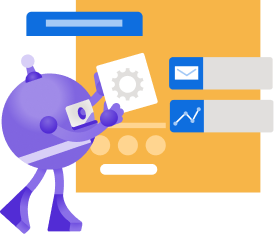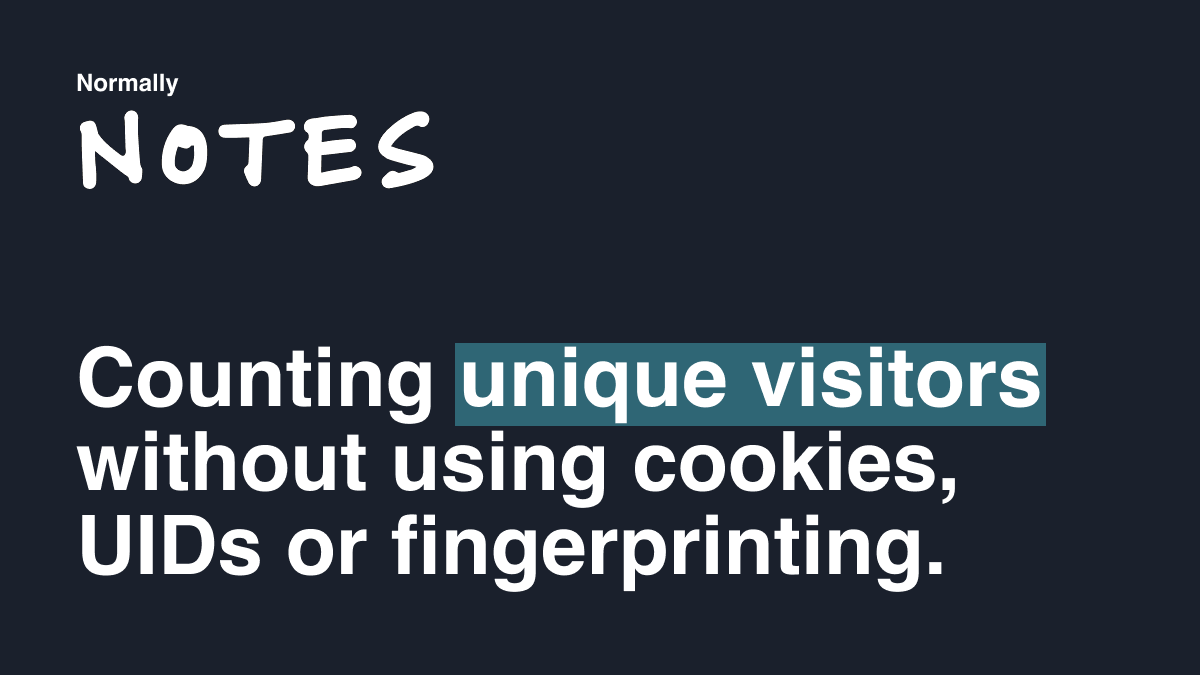- MindByte Weekly Pulse: Quick GitHub, Azure, & .NET Updates
- Posts
- Building Async and Cloud Native organizations - Issue #6
Building Async and Cloud Native organizations - Issue #6
Welcome to my weekly newsletter! Every week, I bring you the latest news, updates, and resources from the world of coding and architecture. I'm so glad you've decided to join me, and I can't wait to share my insights and expertise with you.
I want to thank all of you for being a part of this newsletter. Your support and engagement have made this a truly rewarding experience. I hope that the resources and insights shared in these newsletters have been helpful to you in your work and studies.
As we look ahead to the new year, I'm excited to continue bringing you the latest and greatest in coding and architecture. I hope you'll join me for the journey, and I look forward to sharing even more with you in the coming months. Thank you for your support and for being a part of this community. I wish you all the best for the holiday season, and a happy and successful new year!
REST and APIs
When we talk about HTTP APIs, then REST is certainly not the only option. Some others are described by Ansari.
Design style documents for APIs; there are plenty available. NordicAPIs has compiled a great list, and I posted some as well in the past.
Creating #REST#APIs is hard; so many things to consider. Here are some good resources:
1. Zalando: opensource.zalando.com/restful-api-gu…
2. Microsoft: opensource.zalando.com/restful-api-gu…
3. Atlassian: developer.atlassian.com/server/framewo…
4. Heroku: github.com/brandur/heroku…
5. Adidas:— Michiel van Oudheusden (@mivano)
9:01 AM • Sep 2, 2022
Coding technicalities
Although the vaccination proofs are hardly used anymore, the technique behind it is pretty interesting. Damien Bowden explains the inner workings using ASP.NET code.
With .NET 7, we also got an impressive list of network stack improvements, including the new QUIC network transport layer:
GitHub related
Secret scanning was available before, but public repos will now also get the full UI that was previously only available for paid advanced security users. This allows you to keep track of found secrets and act on them
I have been using the GitHub CLI more and more. It is an excellent way to list Pull Requests, start a workflow etc. However, there is also a way to extend the functionality of the CLI by installing extensions. See this list that contains some interesting ones:
Computing in general
Tracking web analytics without browser cookies makes it harder to track unique visitors. There are some tricks however:
Scrum is not the only way to do manage your software development; the people from Basecamp (37signals) have their own Shape Up methodology. An interesting way of iterations of shaping and building. Read more at Bishop his story on why the went from Scrum to Shape Up:
The Becker Friedman Institute’s study data tells us that we’ve been working more efficiently from remote locations like our homes than we did while in the office. So why are some managers pushing people back to the office? GitLab CEO Sid Sijbrandij dives into this subject.
Talking about remote working; James Stanier explains how to setup teams for successful remote work.
In a world of rapid changes and increasing uncertainties, organisations have to continuously adapt and evolve to remain competitive and excel in the market. In such a dynamic business landscape organisations need to design for adaptability. Combining different perspectives and techniques from business strategy with Wardley Mapping, software architecture and design with Domain-Driven Design, and team organisation with Team Topologies provides a powerful toolset to design, build and evolve adaptive sociotechnical systems for a fast flow of change. The below talk connects the dots between these three perspectives and demonstrates how these techniques help to evolve a legacy system for a fast flow of change.
Helpers and utilities
Sometimes you just need data, preferably in a Json structure and based on some type of random parts. The mock turtle is the tool to help you out. Design your structure, select different kinds of generators and output it to a Json document.

Computer Laws
Computer Science is no more about computers than astronomy is about telescopes.
This quote emphasizes the idea that computer science is a broader field that encompasses many different areas of study, including algorithms, data structures, programming languages, and more. It suggests that computers are just a tool or medium through which we can study and explore these concepts.
I hope you've enjoyed this week's issue of my newsletter. If you found it useful, I invite you to share it with your friends and colleagues. And if you're not already a subscriber, be sure to sign up to receive future issues.
Next week, I'll be back with more articles, tutorials, and resources to help you stay up-to-date on the latest developments in coding and architecture. In the meantime, keep learning and growing, and happy coding!
Best regards, Michiel








Reply